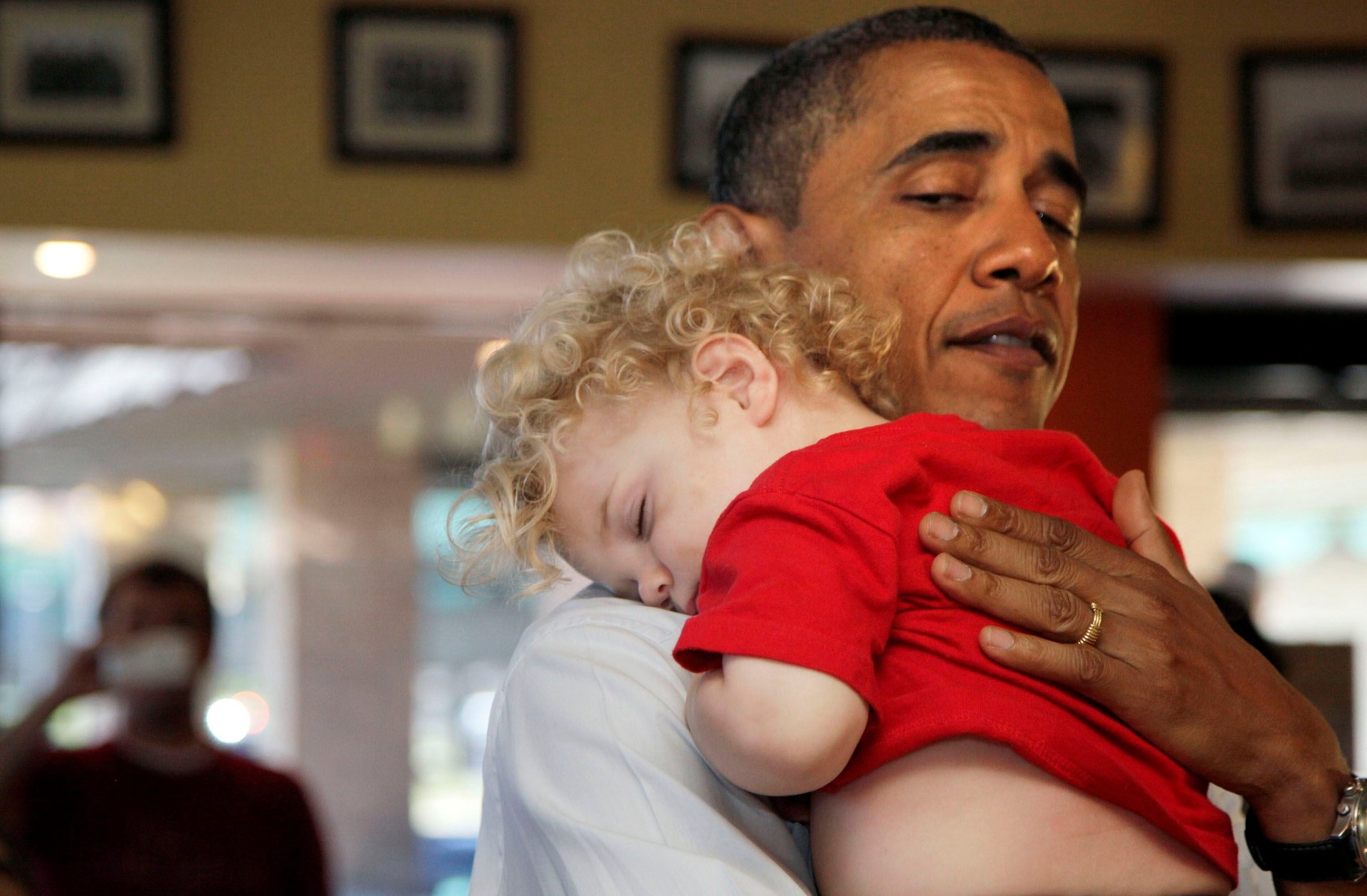How much sleep your child really needs, by age group
Chances are, you can get a bit more flexible with the kids’ bedtime—that’s based on new guidelines from the National Sleep Foundation on the amount of sleep recommended for each age range.


Chances are, you can get a bit more flexible with the kids’ bedtime—that’s based on new guidelines from the National Sleep Foundation on the amount of sleep recommended for each age range.
For children’s age groups besides newborns, the 18-member panel of sleep experts and researchers allowed for about one less hour of sleep than it did before. For newborns, the recommended minimum was raised from 12 hours to 14 hours.
Researchers reviewed 312 articles on sleep and its effects to determine the guidelines. Notably, there is a wide range of acceptable sleep hours for each stage. Though toddlers should get 11 to 14 hours, some might be fine with nine or 10, the report noted. And teenagers would do well to get at least eight hours of sleep, though in reality they often get less. A 2013 US government survey (pdf, pg. 166) of high school students found that only 31.7% sleep more than eight hours on an average school night.
As Time points out, both too little and too much sleep can have negative health effects. But younger kinds tend to get almost as much sleep on school nights as is recommended, based on a 2014 National Sleep Foundation poll of parents.

The panel’s suggestions are a little different than the National Institutes of Health guidelines, which recommend 16-18 hours of sleep for newborns, at least 10 hours for school-aged children, and nine to 10 hours for teens.
How parents help their kids prepare for bed can affect their sleeping habits. The National Sleep Foundation suggests setting a consistent bedtime, avoiding big meals late in the evening, and restricting the use of electronics an hour before bedtime.